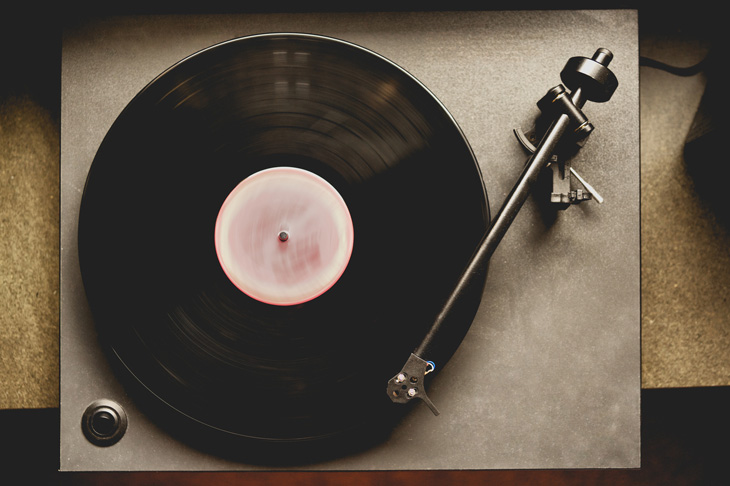I was at home enjoying an online episode of Tales of the Texas Rangers when my daughter interrupted me, wanting something on Amazon.
Just to explain, Tales of the Texas Rangers was a 1950s NBC radio series featuring Joel McCrea as Ranger Jayce Pearson. There are 90 half-hour episodes available online. Once you tire of binge-listening to these, there are perhaps 200 more episodes of Dragnet and about 400 of Gunsmoke to choose from, the latter featuring the voice of William Conrad (detective Frank Cannon to anyone my age) as Marshal Matt Dillon.
Yes, I realise it’s a bit weird using a fibre-optic broadband connection to listen to 1950s radio, but not half as strange as my daughter’s request. You see, she wanted me to buy her a record.
Not an album, you understand, but a bloody record. ‘Vinyl’, they call it. For 22 bloody quid.
I patiently explained that there was no need to buy records any more since someone had invented something called the internet. Besides, I already pay £15 a month for Spotify’s top-of-the-range Catholic Family Pack (or whatever it’s called), so we can stream music on eight devices simultaneously. We have more Bluetooth speakers than we have ears. So why in God’s name would she want a record?
It’s not as though she is a passionate audiophile with a Linn Sondek turntable and £150-a-foot gold speaker cables hand-woven by Austrian dwarves (I get the fact that, for purists and neurotics, vinyl records still win). Her record player is some kind of retro suitcase design that belongs in an episode of Happy Days. And it’s not a collectable record she wanted. Had she suddenly become a devotee of northern soul, that might have made sense. But the thing she is buying is contemporary.
Seriously, what the hell is going on?
We’d already had a row about the camera she wanted for Christmas. I tried to explain that she already had a camera on her phone; if she wanted an even better camera, thanks to something called technology, it was now possible to buy a very good camera which was small enough that you no longer needed to look like a paparazzo or a 1970s American tourist. Nope, it was precisely that kind of monstrosity she had in mind.
I suppose to anyone born in 2001, a gramophone is somehow more novel than a music streaming service, a huge camera more impressive than a compact one. Equally many things which feel novel to me are banal to my children, since they have grown up with them. A few years ago, on the tarmac at Sydney airport, I briefly turned the central heating on at home — because it amused me that I could. My children thought I was a complete idiot. Like, obviously you can turn on your heating from 22,000 miles away — duh!
But how much of what we think to be progress is merely post-rationalised neophilia? In the early stages, it is very hard to tell the difference between a trend and a craze.
It is interesting that both tablet sales and e-book sales have stalled recently, even though these were confidently assumed to be all–conquering formats. Fashion and progress are not always natural bedfellows, and when it comes to a showdown, fashion generally wins. A friend of my father’s worked for ICI Fibres in the late 1970s. They had near-miraculous artificial fibres under development: everyone chose to wear denim instead. A fabric which, when you think about it, offers no objective benefits at all.
As a pisstake, I was planning to tell my daughter she was getting a telex machine for her birthday. Then I realised she would love the idea, and I’d have to go and find one.







Comments